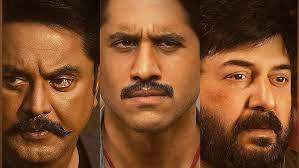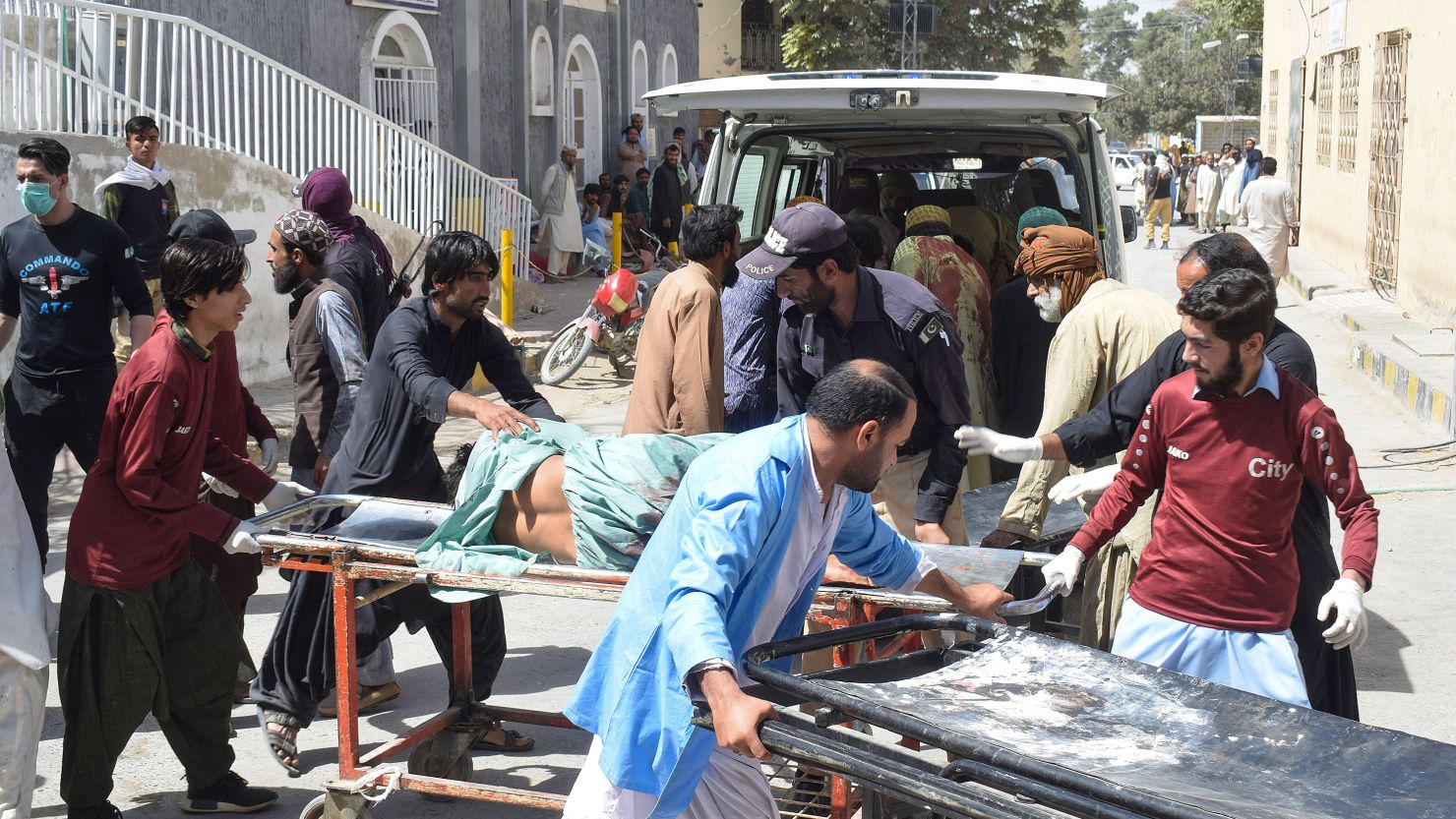Karnataka HC hears hijab matter at length
Hijab row has become elections issue in Uttar Pradesh. Both Congress and BJP leaders are making statement and counter statement in the matter. Politicians are trying to polarize the votes by raising hijab issue in the elections campaign

Bengaluru: Interlocutory Application was filed before the three-judge bench of the Karnataka High Court, seeking direction to pass gag order to media and social media not to cover or discuss the proceedings of the court about hijab matter until the completion of the Assembly elections in Uttar Pradesh.
The three-judge bench headed by Chief Justice Ritu Raj Awasthi adjourned the hearing to Tuesday afternoon.
One more application was filed from the petitioners seeking clarification of the interim order of the court passed on February 11, restraining the students not to wear hijab, scarf, saffron shawl, or any kind of dress which reflect the particular religion and faith.
Senior Advocate Devadatt Kamat appearing for the 6 students of Kundapura Bhanardkar’s first-grade college has submitted that the government order passed on February 6 was contrary to article 25 of the constitution. He also stated that GO directing all schools and colleges to adhere to uniform rules and prohibiting the wearing of hijab is a total abdication of the state’s responsibility.
The government order stated that local MLA can decide on a headscarf is worn or not.
Mr. Kamat's submission: The GO says headscarf is not essential to Islam. The legislators' opinion can be taken by State but can they be the sole repository of power to restrict freedom which is a domain of State government. The enforcement of public order is an executive function not of an MLA committee.

Giving power to College Development Committee (CDC)to decide on a headscarf is an extra-legal committee outside the paradigm of the statute. The CDC decides what is public order.
I have not gone into the Essential Religious Practice test (ERP) in deep because it is not needed here. This is because ERP comes in when a practice affects anybody else's rights or is so abhorrent or despicable. That is not the case here, he stated.
Since the Quran itself says so as far as hijab is concerned, we need not go to any other authority.
The Supreme Court in that judgment held that what is bad in Quran cannot be good in Shariat.
Your Lordships have also time and again held that in judicial review, your lordships won't enter into the larger canvass. I would not like to comment on the larger issue of whether every tenet prescribed in the Quran is ERP because it does not arise for consideration of Your Lordships.
If that is the case, then they cannot restrict it to public order. I would be happy if the State says there is no public order issue. Then GO has to go. Today what is it that stops the State from permitting me to exercise religious freedom. They say public order.
When my religious freedom is being violated, can State take up a facile plea that this will create public order issue and hence we will restrict that religious freedom? My submission is public order is a State function. This has been dealt with by Supreme Court on many occasions.
I have concluded with submissions on GO. Now I am on whether State can say it will create a law and order issue and hence we won't permit it.
Supreme Court was held in Bijoe Emmanuel that expulsion of children for not singing the national anthem was illegal. The Supreme Court has provided for three restrictions, Public order, morality, and health, -Other provisions of Part III, - Article 25(2).
So a core religious practice can be regulated by State if it offends public order, health, and morality. Core religious practice is under Article 25(1) which is subject to public order, health, and morality
Article 25(2) allows the State to regulate religious practice economic, financial, political, or other secular activity and not core religious practice.
The state has the power to regulate any economic, financial, political, or other secular activity which may be associated with the religious practice for social welfare.
There is no law for social welfare and reform which prescribes such measures. As far as Article 25(2) exception is concerned, the College Development Committee has no statutory basis.
College Development Committee has no statutory basis. It is formed under circular which does not pass muster for restricting public order.
The students in the present case have been wearing hijab for years together, relying upon Bjioe Emmanuel. In jioe Emmanuel's case. The present case is covered by the judgment in the national anthem.
In Madras High Court judgment in Ajmal Khan which said wearing purdah is not essential but headscarf is. The judgment referred to a Malaysian high court and Supreme Court judgments.

Kendriya Vidyalayas even today permit by a notification female Muslim students to wear a headscarf of the same colour as uniform.
Petitioners have been scarf which has the same color as the uniform prescribed by the college. It is not our case that we will wear some other color. We want to cover our heads using a headscarf of the same colour as that of the uniform.
In my case, we have been wearing this since our admission to the college. We have mentioned it in our petition.
If a believer thinks the practice is essential to his faith and that practice is innocuous and does not infringe on anyone's freedom, then in that context, the test of essential religious practice will not arise.
In Amna Bint Basheer judgment the Kerala High Court ruled that hijab can be allowed for a student attending medical entrance exam,
Aside from public order, health and morality, the State can make a law restricting any economic, financial, political, or other secular activity which may be associated with religious practice.
The State has a positive duty to ensure people can exercise their fundamental rights. If certain sections of the society don't want other sections' fundamental rights to play out, is no ground to restrict the fundamental rights of that section.
If I am walking on the street and someone heckles me, that cannot mean State can stop movement on streets saying it affects public order.
Article 25 is not subject to reasonable restrictions like in Article 19. The restrictions which can be imposed are mentioned in Article 25 itself - public order, morality, health.
Giving power to MLA to decide whether to exercise a fundamental right. This is impermissible.
GO is incorrect. Leaving it to the college committee is illegal. Public order is State's responsibility. Wearing of hijab is not protected by Article 25. They are leaving it to College Development Committee to decide whether an exception should be made for the hijab.
None of the judgments referred to in government order related to uniform. All judgments are referred to in the order not related to article 25 of the Constitution. The GO prepared by the person does not know article 25 of the Constitution.

















